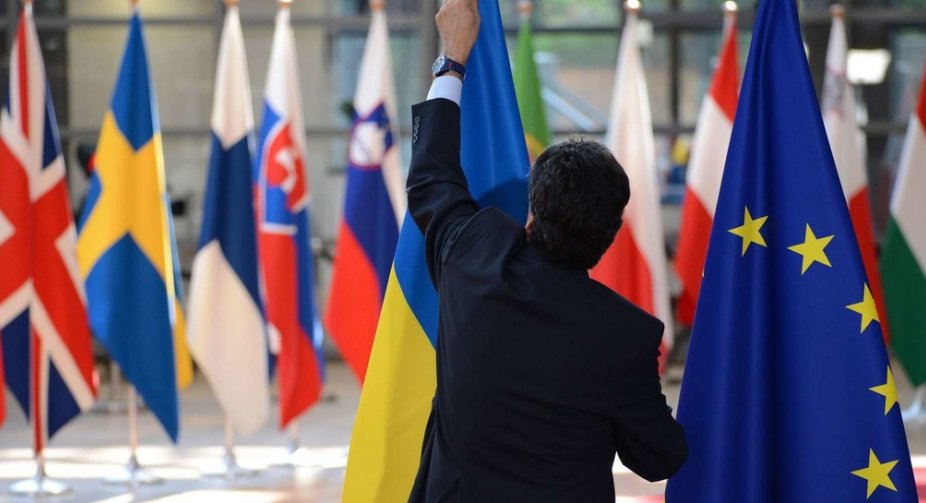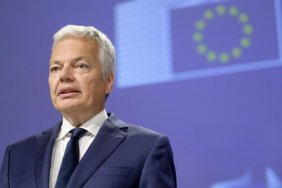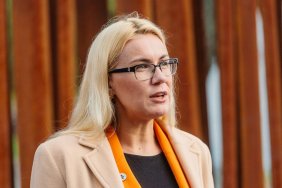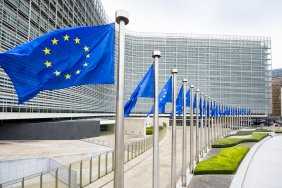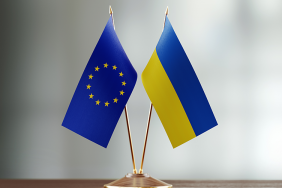A number of European countries are not ready to unconditionally support granting Ukraine EU candidate status at the European Council summit in late June.
In recent days, two new opponents have emerged. They are Denmark and Sweden, which have invested a lot of effort into reforms in Ukraine, first of all anti-corruption ones, and decided to set some conditions in this very sphere for the next step of the EU.
The Netherlands remains traditionally problematic. Prime Minister Mark Rutte insists on not giving Ukraine new statuses until the conditions are met. However, there have been reports from several sources that he has promised to lift the blockade if left alone.
Cautious signals are coming from Austria. This state, which publicly ruled out the possibility of candidate status for Ukraine a month and a half ago, has gradually begun to soften its stance. Last week, the Austrian chancellor declared his willingness to single out Moldova and Ukraine, although he avoided being specific about whether he would vote for candidacy.
Many sources say that France is also becoming favorable to the candidacy and is likely to offer status for the EU's two neighbors, Ukraine and Moldova.
Germany acts as it usually does under Chancellor Olaf Scholz - avoiding a particular position. Scholz himself prefers to say "no" to the candidacy, but he is under pressure from voters who support Ukraine's movement to the EU, and some of his fellow party members, and the fall of his own ratings.
Therefore there is a chance for a change of position.
It should be emphasized that Hungary will vote for Ukraine. Despite the media activity, incorrect statements of Orban's team, etc., there is a decision in Budapest to support the neighboring state's movement to the EU.
